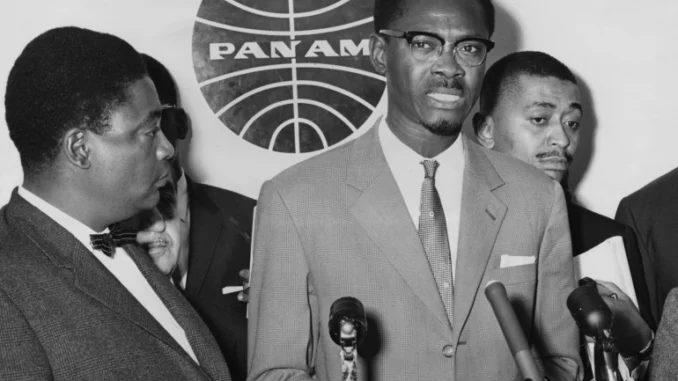
The official Portuguese-speaking African countries (PALOP) have started work on the history of the liberation struggle, an initiative of the Amilcar Cabral Foundation funded by Angola and lasting three years, it was announced on Tuesday.
“It comes to give meaning to what the freedom fighters of the homeland did (…), and we want to tell it, but, at the same time, we have perspective because the history does not end with us and did not end with them,” said in the city of Praia the president of the Amilcar Cabral Foundation (FAC), Pedro Pires, who launched the idea of creating a team for the preparation of this history.
And the proposal was unanimously approved at the Extraordinary Conference of Heads of State of Portuguese Speaking African Countries (CPLP), held in April 2021, and during the next two days the second Methodological Meeting of Working Commissions will be held in Praia, after the first one in Luanda, last March.
According to the commander, a former President of Cape Verde and former combatant, the members have been working for more than six months on the organization of this work, which is expected to last three years.
“Because we only have the initial funding and we will need, over time, to raise, to collect more funding to be able to conclude the work,” Pires also said, informing that the beginning of the work is funded by the Angolan President, João Lourenço, in amounts between 500,000 dollars and one million dollars (the same amount in euros).
Currently there is a team consisting of 13 historians, and directed by Carlos Carvalho, with researchers also from Angola, São Tomé and Príncipe and Guinea-Bissau, missing only the constitution of the team from Mozambique.
“The work has already begun, perhaps not with the rhythm that we would like it to have, but it has already begun,” assured the president of the CTF, indicating that other historians may be involved in the project for specific issues.
Considering that this is “historical work of great importance,” Pedro Pires said that the goal is also to “fix” the most important aspects of the paths of these countries as a people and as combatants and present them to future generations.
